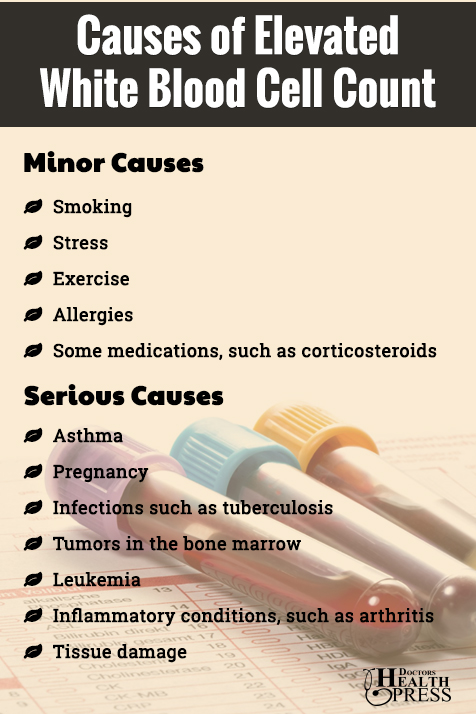raised white blood cell count in urine Urine and blood test (complete blood count) stock photo
Today, I want to discuss an important topic that concerns our overall health - getting regular urine and blood tests. These tests are commonly known as complete blood count (CBC) and urinalysis. They play a crucial role in detecting any underlying medical conditions and keeping track of our well-being. Let’s delve deeper into these tests and understand their significance.
Urine and Blood Test (Complete Blood Count)

One of the key components of any routine check-up is a complete blood count test. This test provides important information about the components of blood, such as red blood cells, white blood cells, and platelets. By examining these factors, medical professionals can identify various conditions or infections that may be present in our bodies.
For instance, a low red blood cell count might indicate anemia, while an elevated count of white blood cells could suggest an infection. Furthermore, a reduced number of platelets may be a sign of a bleeding disorder.
Understanding the results of a complete blood count test is crucial. It helps us understand our overall health and enables healthcare professionals to make accurate diagnoses. Therefore, it is essential to consult with a medical specialist who can explain the findings in detail.
How We Report White Blood Cells Count in Urinalysis

Another vital aspect of our health is the analysis of white blood cells in our urine. Urinalysis is conducted to evaluate the overall health of our urinary system and detect any underlying abnormalities.
White blood cells, or leukocytes, are an essential part of our immune system. They help fight off infections and protect us from harmful pathogens. However, an increase in the number of white blood cells in our urine may signify an infection in the urinary tract.
During a urinalysis, white blood cells are counted and reported. This count helps healthcare professionals determine if there is an infection present in our urinary system, such as a urinary tract infection or kidney infection. It is important to note that the mere presence of white blood cells does not confirm an infection. Additional tests may be required to validate the diagnosis.
Taking these tests seriously and regularly can help identify potential health problems in their early stages, when they are often easier to treat. Early detection can make a significant difference in the successful management of various conditions.
Remember, prevention is always better than cure. By prioritizing our well-being and undergoing regular urine and blood tests, we can actively contribute to maintaining a healthy lifestyle and catching any potential health issues before they escalate. So, let’s take charge of our health and make these tests a part of our routine check-ups!
If you are looking for What are the Causes of Elevated White Blood Cell Count? you’ve visit to the right place. We have 5 Pics about What are the Causes of Elevated White Blood Cell Count? like How we report white blood cells count in urinalysis | Medical Laboratories, Urinalysis and also How we report white blood cells count in urinalysis | Medical Laboratories. Here you go:
What Are The Causes Of Elevated White Blood Cell Count?
 www.doctorshealthpress.comblood count cell elevated causes cells symptoms high levels value normal abnormality
www.doctorshealthpress.comblood count cell elevated causes cells symptoms high levels value normal abnormality
Can Herpes Cause Leukocytes In Urine
 elizasr.comUrine And Blood Test (complete Blood Count) Stock Photo - Image Of
elizasr.comUrine And Blood Test (complete Blood Count) Stock Photo - Image Of
 www.dreamstime.comblood urine test count complete laboratory tubes
www.dreamstime.comblood urine test count complete laboratory tubes
How We Report White Blood Cells Count In Urinalysis | Medical Laboratories
 www.medical-labs.neturinalysis
www.medical-labs.neturinalysis
Urinalysis
 webpath.med.utah.eduurine cast cell blood urinalysis pyelonephritis
webpath.med.utah.eduurine cast cell blood urinalysis pyelonephritis
How we report white blood cells count in urinalysis. Urine cast cell blood urinalysis pyelonephritis. Urine and blood test (complete blood count) stock photo